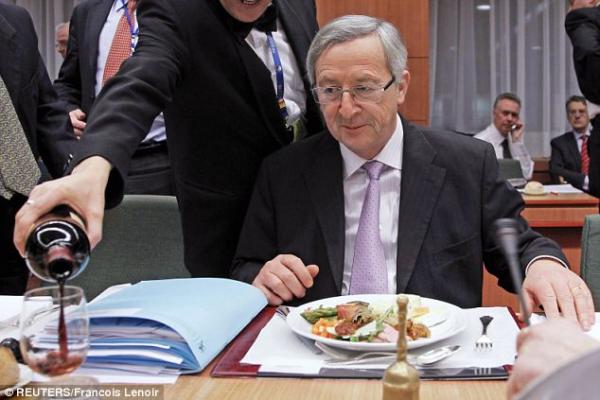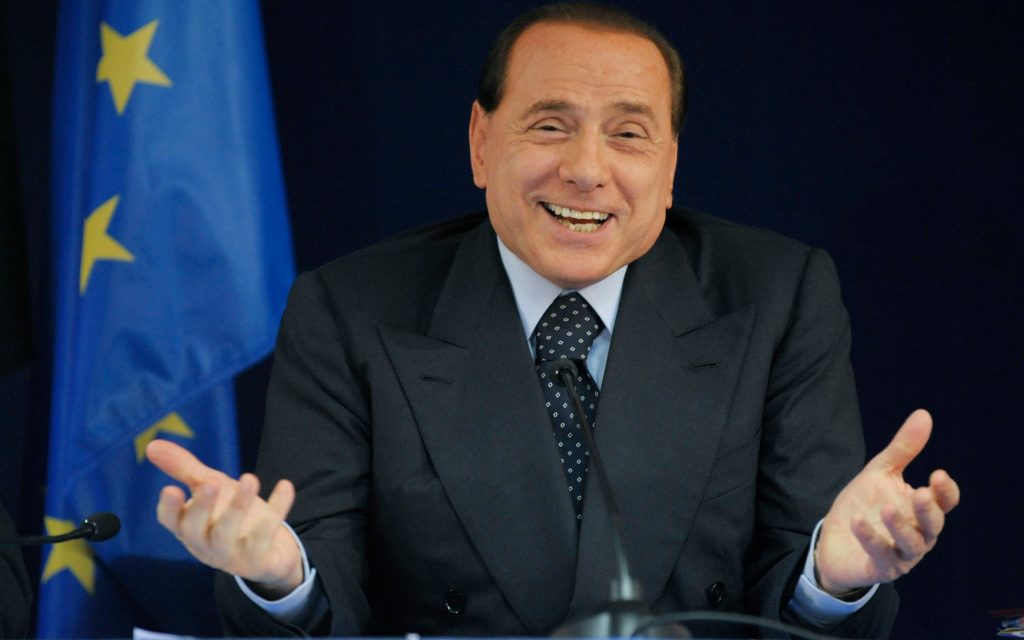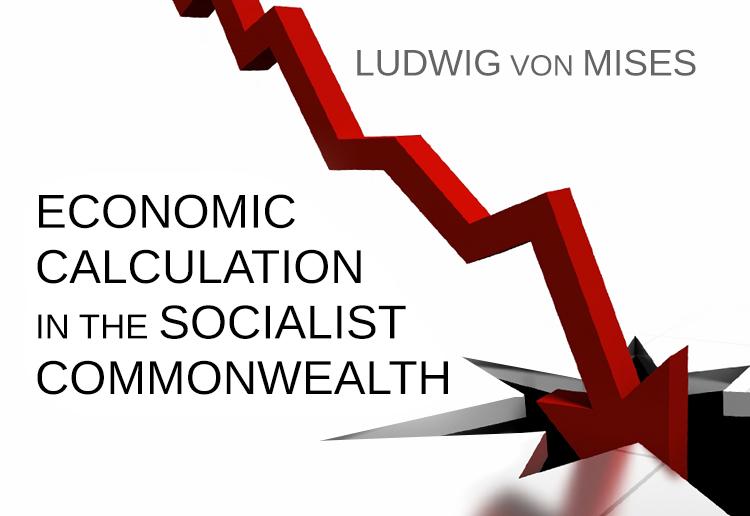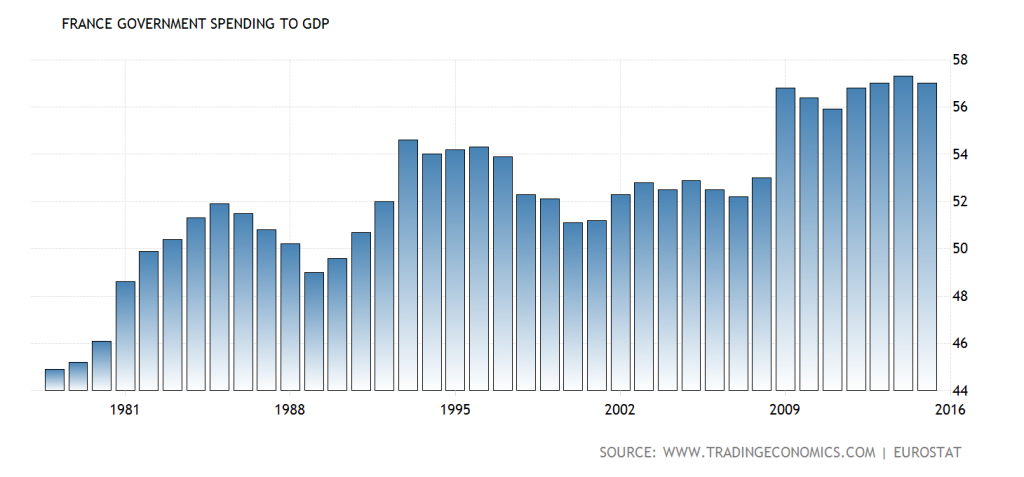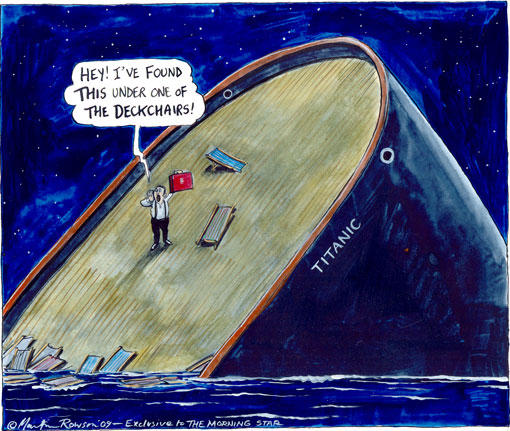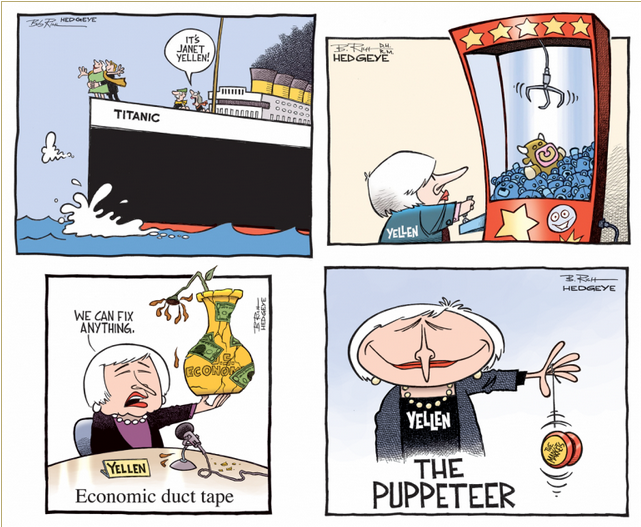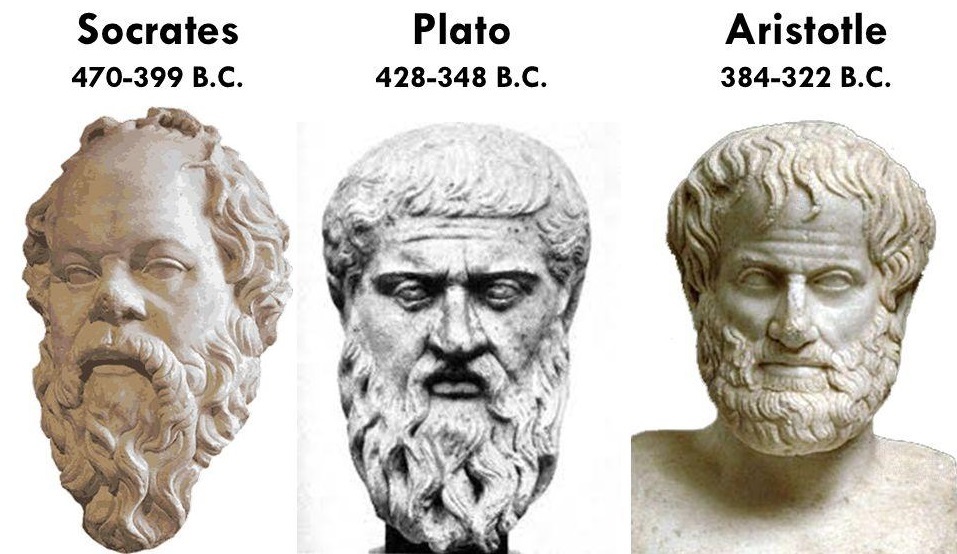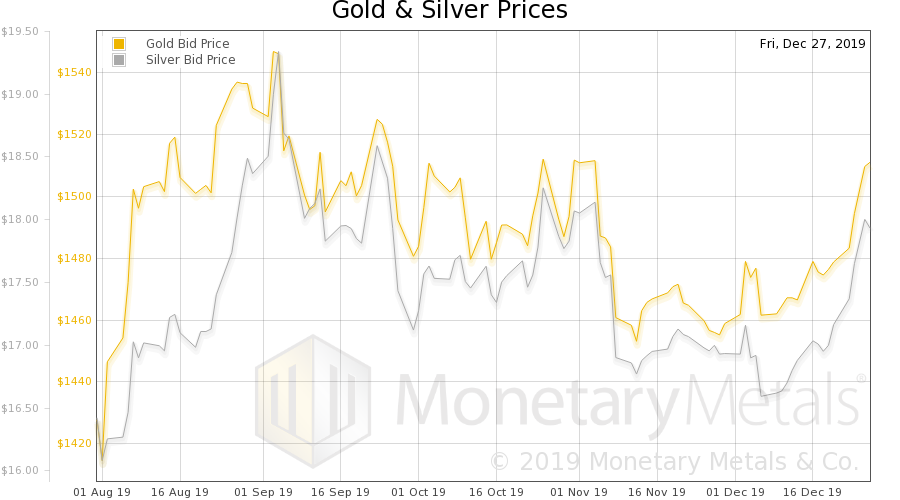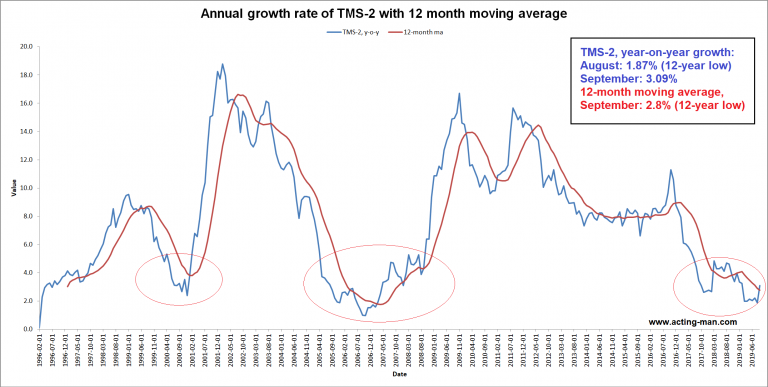The Best Thing About the EU is J.C. Juncker’s AlcoholismWe recently discussed the post-Brexit landscape with a friend (in fact, our editor), who bemoaned that “the EU is led by a drunkard”. Our immediate reaction to this was to exclaim: “That’s the best thing about the EU!” Why do we think so? It makes this overpaid, useless bureaucrat human. Not only that, it clearly raises his entertainment value. As our regular readers know, we have insisted for many years that entertainment value is the by far most important criterion by which a politician’s worth should be judged. The reason for this is simple: it is nigh impossible to achieve fundamental change by voting. Similar to everybody else, politicians and high-level bureaucrats act first and foremost in their self-interest. A young person deciding to enter politics may well be driven by antiquated notions of “public service”. Such ideas are quickly discarded once a political career actually begins. |
|
| A great many politicians are also psychopaths. Who knows what they would be up to if their jobs didn’t exist? Again, it is fairly simple to come to this conclusion – one doesn’t have to study psychology to arrive at it. The mere fact that these people want to have a job in which they will exercise power over others is already a strong hint as to their mental state (we acknowledge that there have been a few extremely rare exceptions to the rules laid out here, such as e.g. former Hong Kong governor John Cowperthwaite, Ron Paul, or Godfrey Bloom – but these people were/are really “anti-bureaucrats” and “anti-politicians”).
Note that this is quite different from commercial relations, which are based on voluntary agreements. In a market economy even relationships that are commonly misinterpreted as being adversarial and involving the exercise of power over others, such as e.g. those between a boss and his workers, are in fact voluntary. The relations between a boss and his employee are strictly circumscribed by a voluntary agreement between them – which both parties can end at anytime they wish. A worker can simply tell his boss “I don’t like you, I quit” – and that will be that. Since companies must compete for labor, they actually have a strong incentive to keep their workers happy. |
|
| On the other hand, if you were for instance setting up a bank without asking the bureaucracy for a license, men with guns will soon be at your doorstep and dissuade you rather forcefully. If you tell them: “I only want to offer a service to others on a voluntary basis. I am harming no-one and therefore believe I should not have to ask anyone for permission”, you will quickly learn that there is absolutely nothing “voluntary” about your relationship with the government.
But, but… you can vote, right? To stay with our random example mentioned above: Who do we have to vote for to see free banking restored? Don’t let the crickets distract you while you’re thinking about that one. Hence our conclusion that the best one can hope for from a politician is that he or she has a modicum of entertainment value. It is virtually certain that there will be zero, and in most cases actually negative value apart from that. That is why we like guys like the Cavaliere and why JC Juncker is getting points for his drunken antics. |
|
The Course is Set – Sensible Economic Calculation is on the RetreatThe course of much of Western civilization is set, and it is an inescapable one. As Ludwig von Mises stressed, a “third way” system halfway between free market capitalism and socialism is not viable. There simply is no such thing. In his words:
Naturally, a “third way” system can be set up – after all, it is what we have in place today. The decisive point is that it cannot hope to be a permanent social order. Over time, such a system will inexorably drift toward socialism, as the “fiction of government” as Bastiat called it, the idea that everybody can live at the expense of everybody else, is as highly popular as it is impossible to finance. Not only that, but there is a widespread conceit among the leftist intellectual elite that it is actually possible to “plan” the economy and society. These are people who cannot even imagine that no-one needs them and that the world would be better off, if only they were leaving it alone. They won’t easily give up, something that is amply demonstrated by the reaction to the recent “Brexit” vote (more on the disgraceful post-Brexit yammering in a follow up post). Alas, once a society has adopted a critical mass of socialistic features, civilization as we know it simply collapses. This may look like a comment informed by ideology, but it really isn’t. It is also not really necessary to study the umpteenth historical example in the form of Venezuela’s downward spiral. The downfall of the country is not a matter of Venezuela’s socialists “not implementing socialism correctly”. In full-blown socialism, economic calculation becomes literally impossible, as market prices for capital goods cease to exist. A rational economy based on the division of labor is not even thinkable under such circumstances. The economy will simply disintegrate in short order, and the hunter-gatherer lifestyle will make a comeback. Analogous to this, the ability to engage in economic calculation – and hence the possibility for humanity to remain a teleological force in the universe as Joseph Salerno has put it – will be gradually diminished the more socialistic an economy becomes. In keeping with the fact that the Marxian full-scale nationalization of the means of production as it was practiced in the former Soviet Bloc is no longer held to be feasible, we are inclined to use the definition of socialism offered by J.H. de Soto:
|
|
| (emphasis added)
In terms of this definition, the EU is clearly a socialistic project that is far advanced in terms of the features of socialism it has adopted. An organization that has decreed 109 regulations concerning pillows, 5 regulations concerning pillow cases, 50 laws regulating duvets and sheets, 31 laws regulating toothbrushes, has regulated the jug of olive oil that has been available on restaurant tables for centuries into oblivion (clearly a culinary WMD that had it coming), that decrees the “allowed” curvature of cucumbers and/ or bananas, emasculates vacuum cleaners and toasters, muzzles shower-heads and toilet water tanks, and condemns 100ds of millions of people to spend their evenings in the type of lighting that used to be reserved for morgues… such an organization indeed represents a “system of institutional aggression on the free exercise of human action or entrepreneurship.” French government spending as a percentage of GDPConsidering that government spending in France, the second-largest economy of the EU post-Brexit, amounts to 57% of GDP, it is fairly easy to see that sensible economic calculation is on the retreat to a dangerous extent. When people exhort governments to engage in the kind of spending they think would make sense – such as the perennial evergreen “infrastructure investment” – they never consider that the bureaucracies deciding on such spending cannot possibly know what opportunity costs it entails. There is no endless fount of resources at the State’s disposal, and there exists no infinite blob of forever self-renewing capital. If capital is spent on one thing, it can no longer be spent on another. And without the ability to calculate, it is simply not possible to know whether this capital is completely wasted or not. If you wonder whether “infrastructure spending” directed by EU bureaucrats actually does waste scarce capital, look no further than Poland’s numerous “ghost airports” for an answer. Note that this is the country in the EU that is said to be the “best at administering EU funds” (!). As we have pointed out previously, the EU even adopts Stalinesque “4 year plans” these days. This is to say it (probably unwittingly) openly embraces features of socialism some people may still remember from Soviet times. The severely hampered market economy of the EU is moreover using fiat money issued by central planning agencies such as the ECB. The “successes” of this particular institution probably speak for themselves, but the decisive point is actually this: Its interventions distort economic calculation across Europe – capital decumulation is the inevitable outcome. |
|
ConclusionThe UK has essentially jumped off a sinking ship. As we have pointed out last week, this is of course far from enough. The country has its own giant bureaucracy to deal with, which is no less eager than the EU bureaucracy to grow endlessly and plan everybody’s life. At least it is closer to the people who are at the receiving end of its activities though. As was noted in this conversation between Jeff Deist and Ryan McMaken, it is surely easier for a citizen of the UK to lobby his overlords in Westminster than those in far-away Brussels. Mises also remarked: “The Welfare State is merely a method for transforming the market economy step by step into socialism.” The correctness of this observation seems self-evident by now. The EU’s bureaucratic and political elites meanwhile have absolutely nothing to be proud of. After all, they are in charge of “planning” the economy, which not surprisingly seems to be stuck in a never-ending crisis. There is great uncertainty and growing dissatisfaction in Europe (and elsewhere) over the existing state of affairs, as the rise of populist political movements and the Brexit vote demonstrate. It is probably fair to say that most citizens don’t fully realize what the root of the problem actually is. Many actually demand more rather than less statism and socialism – they are falling for the myth that if only the “right” people implement it, it will magically work. However, we also suspect that many of the people who voted for the Brexit did so because they do realize that economic policy under the Brussels bureaucrats has become an outright danger to civilization. Perhaps not all hope is lost – time will tell. |
Chart by: TradingEconomics
Full story here Are you the author? Previous post See more for Next post
Tags: newslettersent,On Economy,On Politics,Ron Paul









